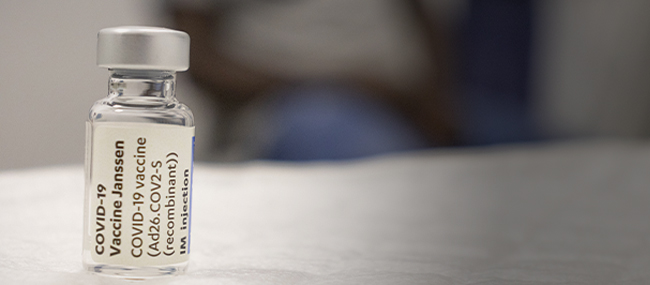By Jennifer B. Hagedorn, Esq. and Richard R. Heath, Jr., Esq.
During its most recent Third Extraordinary Session, the West Virginia Legislature enacted legislation relating to COVID-19 immunization requirements for both public and private employers. Specifically, H.B. 335 codifies both medical and religious exemptions for any COVID‐19 vaccine mandates in West Virginia and sets forth the process by which any employees and prospective employees may seek to claim such exemptions. As a result of the Legislature's passage of H.B. 335, and its subsequent approval by Governor Jim Justice, employers in West Virginia should keep the following in mind with respect to implementing potential vaccine mandates.
Because the Legislature did not have the requisite votes to make the legislation effective from passage, H.B. 335 does not actually go into effect until January 18, 2022. This gives employers more than two months to conform any existing vaccination policies with the new law and adjust accordingly for potential federal mandates that may also apply.
Once in effect, H.B. 335 will require all employers, both public and private, to exempt current or prospective employees from any COVID‐19 vaccination requirements implemented by the employer if the employee or prospective employee provides a certified religious or medical exemption to the employer.
Under the newly enacted statute, a qualifying medical exemption may be provided by either a licensed physician or advanced nurse practitioner. The certifying medical provider must conduct an in-person medical exam of the current or prospective employee and determine that one of the following applies:
-
That the physical condition of the current or prospective employee is such that a COVID‐19 vaccination is contraindicated;
-
That there exists a specific precaution for the employee or prospective employee to the mandated vaccine; or
- That the current or prospective employee has developed COVID-19 from being exposed to the COVID‐19 virus or has suffered and recovered from the COVID‐19 virus.
With respect to qualifying religious exemptions, the statute simply requires that an employee or prospective employee submit to his or her employer a notarized certification executed by the employee or prospective employee stating that he or she has religious beliefs that prevent the current or prospective employee from taking the COVID‐19 immunization. Notably, the new statute is silent as to any process by which employers may determine whether the cited religious beliefs are sincerely held.
H.B. 335 provides both employees and prospective employees alike with the ability to seek injunctive relief against any employer who violates the provisions of this new law. The statute further prohibits employers from penalizing or discriminating against any current or prospective employee taking advantage of the provided exemptions. Employers must be mindful of these protections as they make any decisions with respect to benefits decisions, hiring, firing or withholding bonuses, pay raises or promotions.
Perhaps the most difficult issue facing employers with respect to the implementation of H.B. 335 will be its interplay with corresponding federal requirements. Employers should consult with experienced employment counsel when analyzing these decisions.
For more Information:
We stand ready and willing to assist employers seeking to navigate H.B. 335 and are happy to answer any questions you may have regarding this significant legal decision.
|

